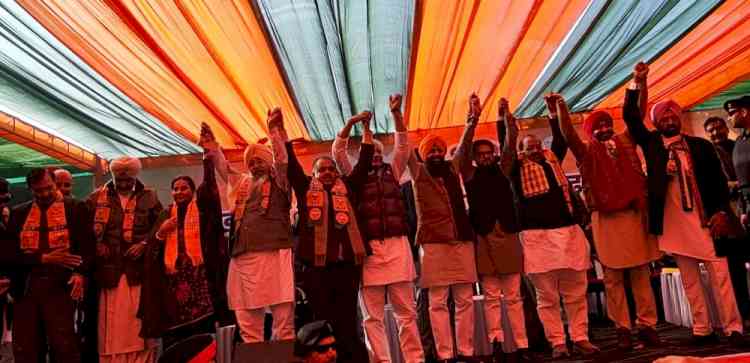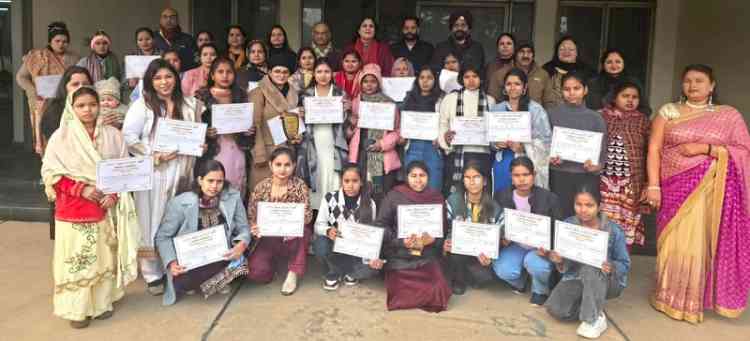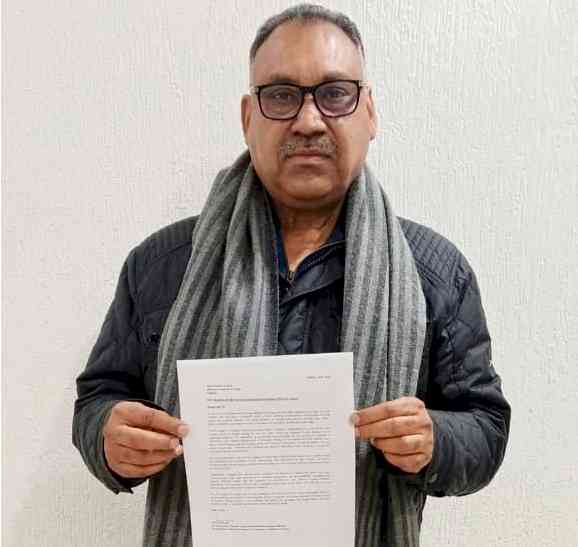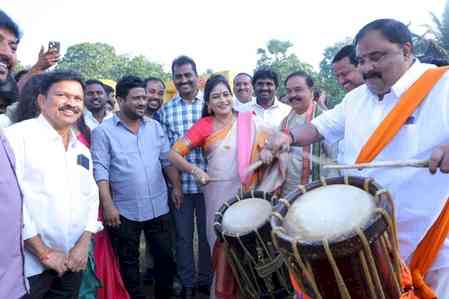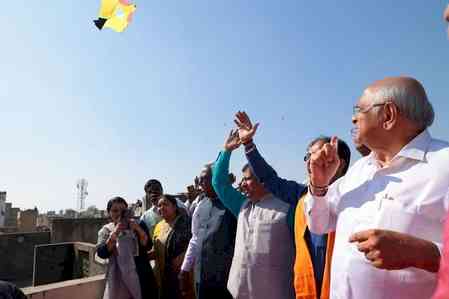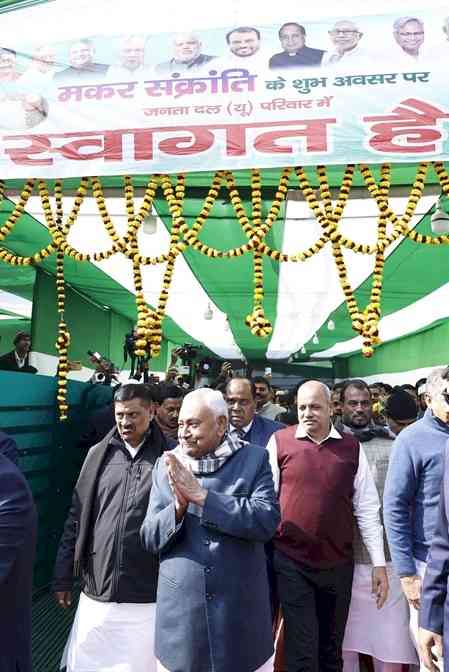CICU Delegation Meets Labour & Employment Secretary to Seek Revision in Overtime Payment Norms
A high-level delegation from the textile and manufacturing industry, led by the Chamber of Industrial & Commercial Undertakings (CICU), met Vandana Gurnani, Secretary (Labour & Employment), Government of India, to discuss the revision of payment for extended working hours (overtime) in line with ILO norms and global competitiveness benchmarks.
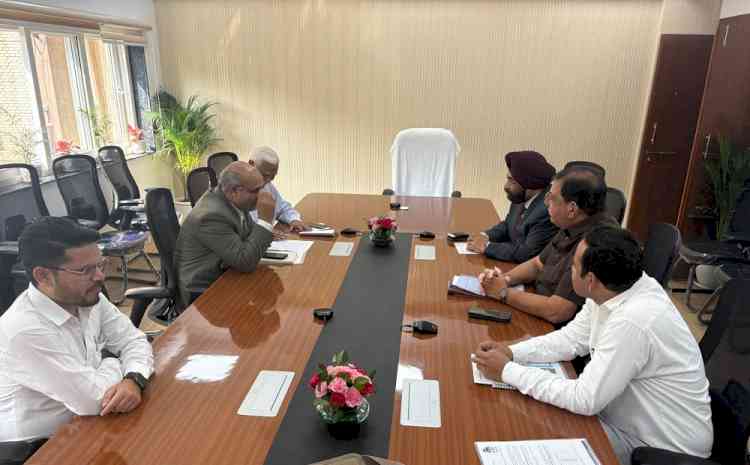
Ludhiana, October 08, 2025: A high-level delegation from the textile and manufacturing industry, led by the Chamber of Industrial & Commercial Undertakings (CICU), met Vandana Gurnani, Secretary (Labour & Employment), Government of India, to discuss the revision of payment for extended working hours (overtime) in line with ILO norms and global competitiveness benchmarks.
The delegation highlighted that competitiveness of Indian industries—particularly labour-intensive sectors such as Textiles, Apparel, and Leather—depends heavily on skilled workforce availability at a sustainable cost structure. Industries employing large numbers of workers often face challenges like labour shortages and absenteeism, making overtime work a necessity to meet production timelines and export commitments.
Presenting comparative data, the delegation informed that India’s overtime wage rate at 200% of the normal wage is significantly higher than in most competing economies, including China, Vietnam, the United States, Brazil, Hungary, South Korea, Japan, and France, where overtime payments range between 125% and 150%.
Referring to ILO Conventions No. 1 and No. 30, which recommend overtime payment at a minimum of 125% of regular wages, the delegation emphasized that India’s current structure is out of sync with international practice. They submitted that this disparity impacts the country’s global cost competitiveness, particularly in export-oriented sectors.
The delegation urged the Ministry to consider a revision of Section 59 of the Factories Act, 1948, to bring overtime payment rates in line with global norms, capping it at 150% of the normal wage. The proposed change, they noted, would not only help industries remain competitive but also encourage more workers to earn additional income by working extra hours, while improving overall compliance.
The meeting was attended by several prominent industry leaders, including Vinod Kumar, Admin, Chamber of Industrial & Commercial Undertakings (CICU); J.D. Giri, Director, Shahi Exports; Updeep Singh Chatrath, CEO (Odisha Projects) & Resident Director-Delhi, Welspun; Ankur D. Trivedi, Senior Vice President, Arvind Limited; Rajesh Chopra, Senior Vice President - Commercial, Vardhman Textiles Limited; Pankaj Sharma, Secretary General, Northern India Textile Mills Association (NITMA); and Anmol Gupta, Economist, Confederation of Indian Textile Industry (CITI).
The delegation appreciated the constructive response of Gurnani and the Ministry’s openness to industry concerns, expressing optimism that the Government will take a balanced view aligning workers’ welfare with India’s manufacturing competitiveness on the global stage.


 City Air News
City Air News 
